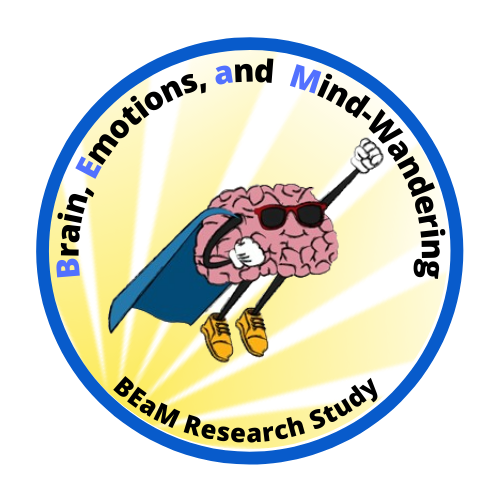 BEaM Study - Parent
BEaM Study - Parent
STUDY BASICS
Are you the parent of a child 11-14? Does your child have a biological parent or full biological sibling who has ever experienced symptoms of depression or bipolar disorder? You and your child may be able to participate in a research study to assess the effects of two group-based interventions on emotions and mood in adolescents with a family risk for mood disorders.
STUDY PURPOSE
Many children and teens experience mood swings. The purpose of this research study is to better understand how well a mindfulness-based intervention (MBI) works compared to a health and wellness intervention (HWI) among children and adolescents at family risk for mood disorders. The MBI group will focus on practices to become more aware and accepting of thoughts and feelings in the present moment. The HWI will focus on important topics such as sleep health, nutrition, and importance of social support.
COULD THIS STUDY BE RIGHT FOR YOU?
Eligible participants:
- Live in the Pittsburgh area
- Have a child 11-14 years old
- Have a child whose biological parent or full biological sibling has experienced symptoms of depression or bipolar disorder
- Have a child able and willing to undergo MRI scanning
WHAT PARTICIPANTS CAN EXPECT
There are four main components of participation in this study: a baseline assessment, MRI visit, mindfulness group or health and wellness group (x8 weeks), and a follow-up assessment.
IRB: STUDY21110115C
- Brain, Emotions, and Mind-Wandering StudyMEET THE RESEARCHER

Danella Hafeman
Danella M. Hafeman, MD, PhD, is an Assistant Professor of Psychiatry at the University of Pittsburgh in the Department of Psychiatry. Dr. Hafeman’s research focuses on youth with and at-risk for bipolar disorder. She is interested in understanding clinical and neural mechanisms of risk and resilience, with the goal of eventually preventing mood disorders in these youth. Clinically, she works as a child psychiatrist in the Child and Adolescent Bipolar Services clinic, where she evaluates and treats youth with and at-risk for bipolar disorder.
 https://pittplusme.org/study/2336
https://pittplusme.org/study/2336
